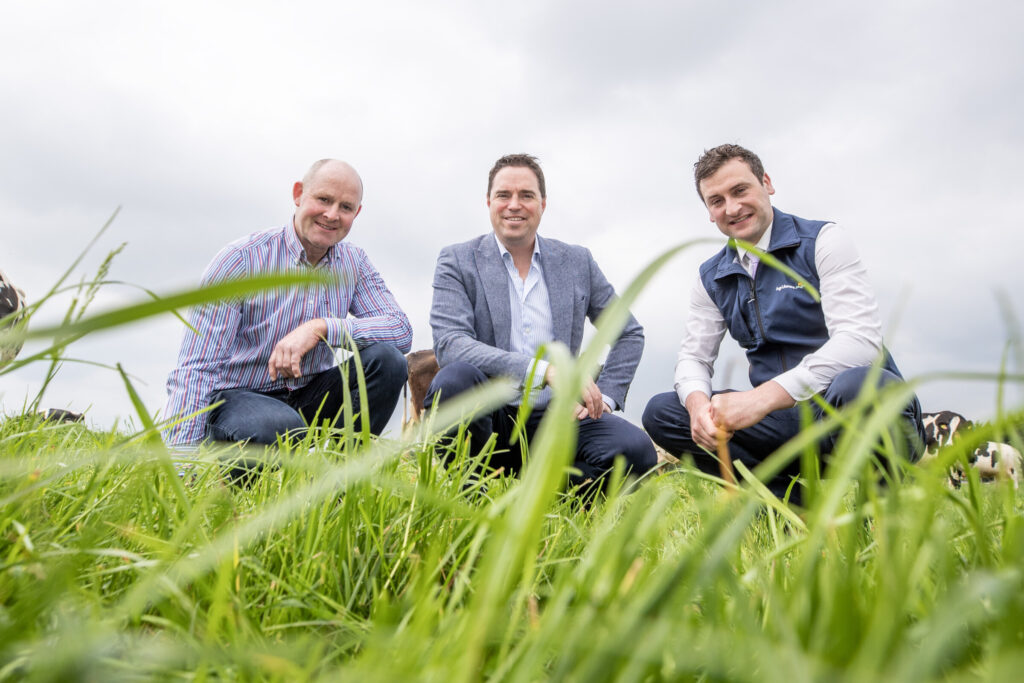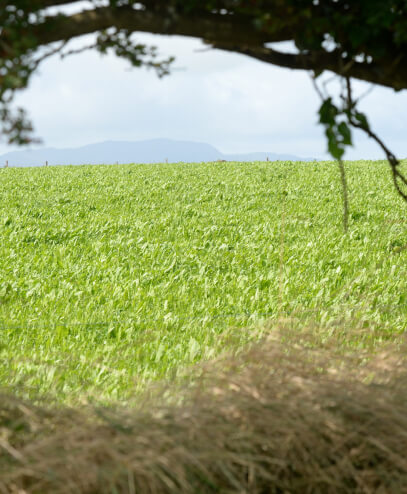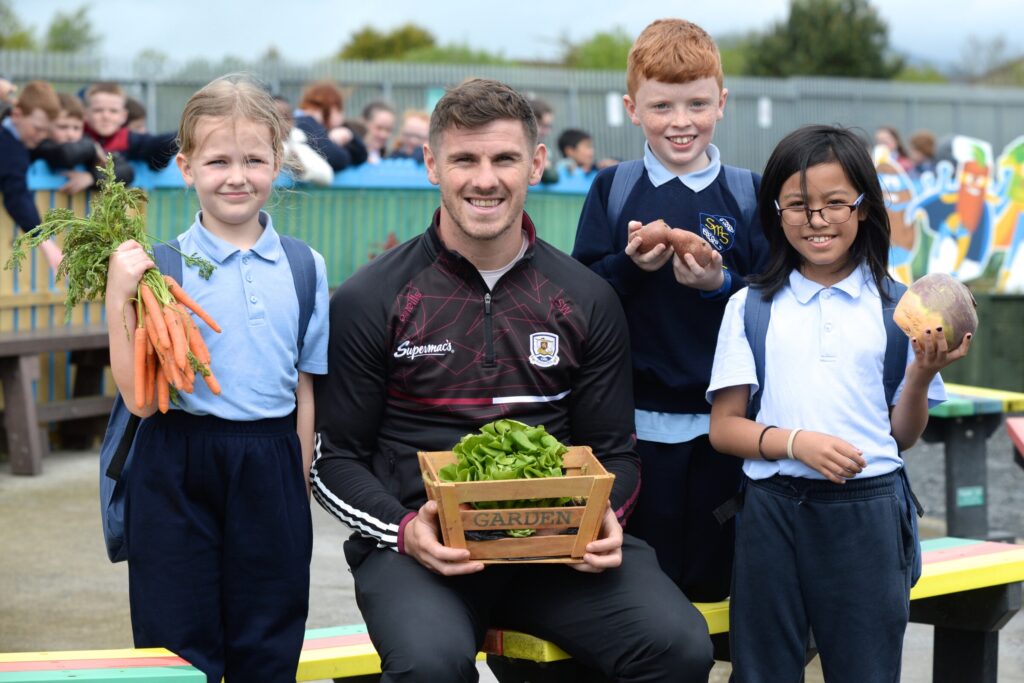Sustainability & Environment
Social | Environmental | Economic
Social sustainability can be broadly broken down into farmer, animal and community wellbeing. Farmer well-being includes sound mental health, access to services and regular social interaction and the possibility of farm succession. Animal wellbeing considers animal comfort and housing as well as the general welfare of the animals. Community wellbeing considers age demographics and access to services in the community e.g. hospitals and broadband. Each of these factors must be considered when considering how viable rural communities are and how sustainable food production (as a profession / way of living) may be.
Environmental sustainability involves interacting with the environment in a way that is not detrimental to future generations. Much of this is in relation to resource use and management and the resilience of the environment. A number of practices fall into this category including the prevention of water pollution, the reduction in greenhouse gas emissions, the conservation of native species and the protection of soil fertility.
Economic sustainability considers the viability of farming as a stream of income. The National Farm Survey has consistently reported that of each of enterprises evaluated (dairy, cattle, cattle other, sheep and tillage), dairy is the most viable. Suckler farmers are perhaps the most at risk with family farm income (FFI) lowest at just over €9000 per year. This is supplemented by CAP payments but it remains the most vulnerable enterprise along with the other beef systems.

Agricultural Policies

The Common Agricultural Policy (CAP)
‘Ireland’s CAP Strategic Plan (CSP) for the period 2023-2027 will underpin the sustainable development of Ireland’s farming and food sector by supporting viable farm incomes and enhancing competitiveness, by strengthening the socio-economic fabric of rural areas, and by contributing to the achievement of environmental and climate objectives at national and EU levels’ (gov.ie 2022).
The CAP considers the streams of social, environmental and economic sustainability. It is a system of subsidies and support programmes for agriculture operated by the European Union (EU) and implemented on a national level by each member state. The objectives of CAP include to ensure availability of food at a reasonable price for consumers, ensure a fair standard of living for farmers, bring stability to markets, protect the environment and increase agricultural productivity.
Without the CAP, food would be much more costly to produce resulting in a combination of high consumer food prices and fewer farm holdings. This would likely be the end of the family farm.
In the new cycle of CAP (2023-2027), cross compliance and greening have merged to form ‘conditionality’. Conditionality requires farmers to adhere to the Statutory Management Requirements (SMRs) and Good Agricultural and Environmental Conditions (GAEC). Upon inspection, a farmer in breach of a SMR or GAEC may be subject to a sanction. A sanction is the withholding of a percentage of their CAP payment, usually between 1-5%.

Green Low Carbon Agri-Environmental Scheme (GLAS)
GLAS promotes biodiversity, water quality, climate change mitigation, habitat protection and environmentally-friendly farming. The scheme is part of the Rural Development Programme with annual payments up to €5,000 over five years. GLAS has been extended until the end of 2022.

Targeted Agriculture Modernisation Scheme (TAMS)
TAMs provides grants to farmers to build and/or improve a specified range of farm buildings and equipment on their holdings. The scheme offers grant aid of 40% towards the cost of certain investments and 60% in the case of young farmers. Currently, TAMS schemes are available for farm nutrient storage, animal housing, dairy equipment, low emission spreading equipment, animal welfare and farm safety, pig and poultry investments, and organic capital investment. The continuation of this scheme beyond 2022 is unclear.

The Organic Farming Scheme
The organic farming scheme provides financial support to farmers to encourage the production of organic foods. To be eligible for payment you must produce livestock and crop products according to European Union organic standards, complete an approved training course, farm and manage the land according to organic principals which is subject to inspection and have a minimum farm area of 3 hectares. Horticultural producers must have a minimum farm area of 1 hectare.
The EU Directives that apply to farming
The Nitrates Directive
This directive aims to protect water quality around the EU. Slurry is an important resource for farmers but it can cause environmental damage if spreading guidelines are not followed. Slurry cannot be spread on land from 15 October to January 12 / 15th / 31st, depending on where in the a country a farm is located. Slurry must not be spread on land when it is waterlogged, flooded, likely to flood, frozen or if heavy rain is forecasted within 48 hours.
The Sustainable Use Directive
This directive covers the use of pesticides within agricultural and horticulture in Ireland. It applies to all who use plant protection measures such as fungicides, insecticides or weedkillers. The directive aims to protect human health and promote integrated pest management. There are guidelines for appropriate storage, handling and labelling of pesticides. Inspection of boom sprayers must be carried out every three years.
The Habitats Directive & The Birds Directive
Both of these wildlife directives apply on farms and elsewhere around the country. Farms provide important habitat for wildlife but not all of these farmland habitats are in good ecological condition. The Habitats Directive mandates that all wild flora and fauna and their habitats are protected from unreasonable harm. Important farmland habitats include hedgerows, meadows, ponds and ditches. The Birds Directive specifically aims to protect birds, their nests and eggs from capture or harm and offers special protection for internationally important populations of birds.



